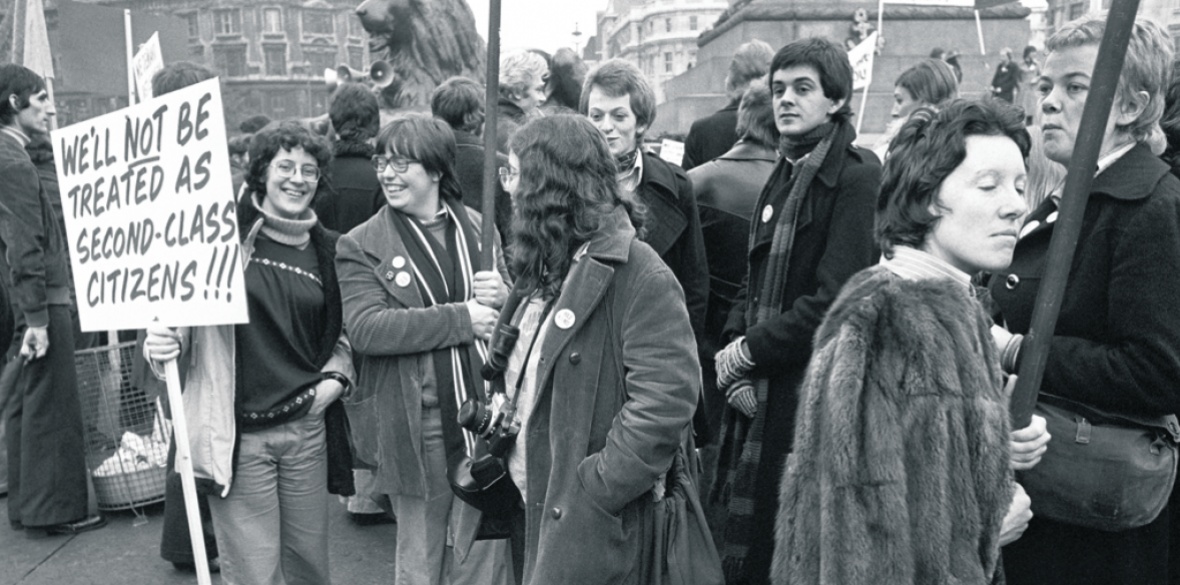This is the last article you can read this month
You can read more article this month
You can read more articles this month
Sorry your limit is up for this month
Reset on:
Please help support the Morning Star by subscribing here
TODAY, it’s easy to think that Pride is just a party. But we know that Pride has always been political, because the fight for justice and equality is political. And trade unions were part of Pride long before big corporates jumped on board.
TUC research published in May shows that nearly seven in 10 LGBT people have experienced sexual harassment at work.
These stories need to be told. Eighteen months after the #MeToo movement kicked off — shining a much-needed light into the dark corners of many toxic workplaces — the voices of LGBT+ people haven’t been heard clearly enough.
While we knew from our previous research that LGBT+ people’s experience at work is all too often marked by prejudice and hostility, we didn’t know about their specific experiences of sexual harassment at work.
And we found an epidemic, particularly among LGBT women, BME people and disabled people.
Over a third of LGBT women reported unwanted touching at work and one in eight said they had been seriously sexually assaulted or raped at work.
Among BME LGBT women, more than half reported unwanted touching, and over a quarter reported serious assault or rape.
Half of LGBT disabled women reported unwanted touching, while nearly a quarter reported serious sexual assault or rape. And more than a quarter of LGBT disabled men reported experiences of sexual assault.
The message is clear: workplace culture needs to change urgently.
But under current law there’s no legal duty on employers to be proactive about stopping harassment. Instead, the burden is on victims of harassment to report it to their employers.
This is especially important for LGBT+ people. Two-thirds of those who reported sexual harassment in our poll hadn’t reported it to their employer. Some were worried about damaging relationships at work or just didn’t know how to report, but a quarter said they didn’t come forward because they were afraid of being outed at work.
So as we open our LGBT+ conference, the TUC is calling on government to introduce a new law to make employers responsible for protecting their staff from sexual harassment at work.
Ahead of the long-awaited government consultation on tackling sexual harassment, we’ve formed an alliance of unions and civil society organisations — including Stonewall, UK Black Pride, the Fawcett Society and Amnesty — to support the introduction of a new legal duty on employers.
The new duty would be supported by a code of practice, explaining exactly what steps bosses need to take to prevent sexual harassment, including mandatory training for staff and managers and clear zero-tolerance policies.
This shouldn’t be a big ask for decent employers. So ahead of Pride in London this Saturday, we’re inviting LGBT+-friendly companies to join our alliance and ask the government to change the law.
For anyone who’s rainbowed their logo, this is a chance to demonstrate real commitment to building safer, more inclusive workplaces.
Pride is political — so let’s win some political change.
Frances O’Grady is general secretary of the Trades Union Congress.










